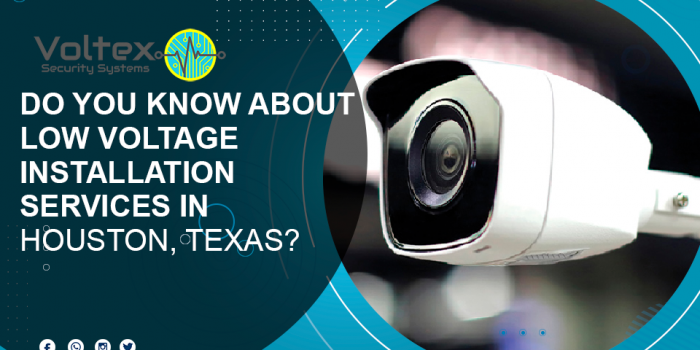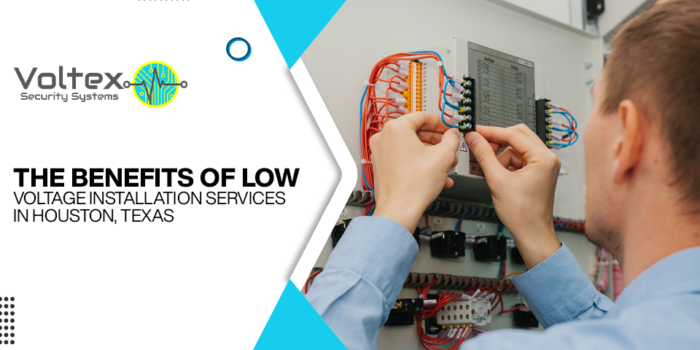The benefits of using surveillance camera systems are self-evident. A CCTV system employs video cameras to monitor the inside and exterior of a building, sending the signal to a monitor or collection of monitors.
Here is a list of things to consider before securing your premises with CCTV cameras.
1. Decide how you’ll keep track of the system.
Before you decide to put those security cameras on your property, you must first determine how you will monitor them. If you intend to monitor these systems utilizing the internet, setting an IP address for your digital video recorder (DVR) will enable it to survey and record seamlessly. You can also use an Ethernet cable to send and receive data.
2. Figure out how many CCTV cameras you’ll need.
You must determine the number of commercial security surveillance systems necessary to offer total security based on the type of your request and the size of the region you wish to monitor. You must use the right number of cameras to guarantee that your property is well-monitored from all angles.
3. Think about where the CCTV cameras will be placed.
If cameras are visible, they may serve as a deterrent to trespassers, but others would rather have hidden cameras than visible cameras. You may readily hide modern CCTV cameras from view by placing them in the most beautiful nooks and notches in the wall; these locations also protect from adverse weather conditions such as hailstorms, high-speed winds, and rain.
4. Ascertain the DVR/NVR’s location
The security of the digital video recorder (DVR) or network video recorder is critical (NVR). Without a doubt, if you lose the DVR or NVR to a trespasser, you will lose all of the money you invested in your CCTV camera and your stolen belongings! You may save money on cabling and simplify the complexity of your closed-circuit video system by centralizing your DVR or NVR.
5. Choose a backup power source for the CCTV camera.
The steady power source for your cameras would unavoidably assure continuous surveillance. To maintain security, make sure you have a constant power source and a solid power backup in case of a power outage. There are low voltage security cameras you can consider to save you on some electricity costs.
6. Choosing a maintenance schedule for the CCTV cameras
Cleaning the cameras regularly to remove any dirt or cobwebs is recommended. It’s also a good idea to change periodically the wires you’re using to avoid any potential system breakdowns during the most critical hours. Ascertaining the proper maintenance methods will guarantee that your CCTV camera continues to operate at its best for a long time.
Read Our Other Blogs:
Low Voltage Security Camera: What You Need To know
Enhancing Experiences: The Power of Commercial Audio Video Systems




